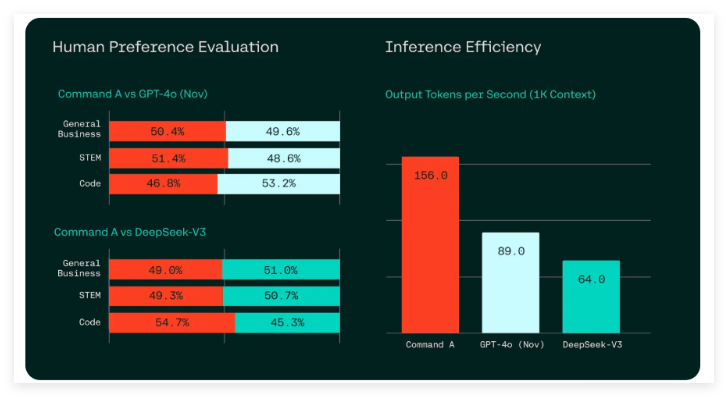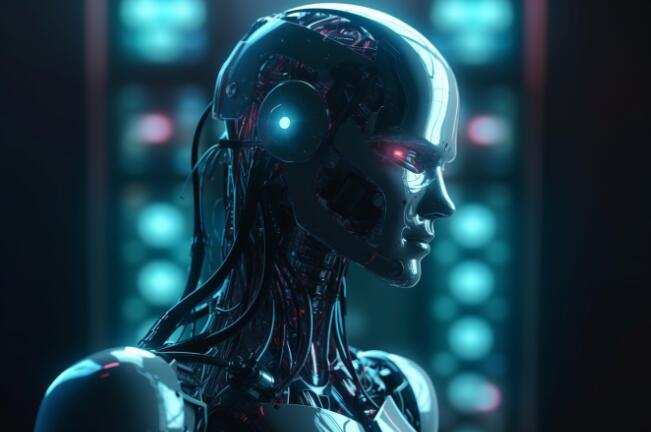With the rapid advancement of artificial intelligence technology, a new high-paying profession has quietly emerged—the AI trainer. The rapid development of this industry not only reflects the progress of AI technology but also reveals the challenges currently faced by AI models and their future development directions.
In the early stages of AI development, model training primarily relied on low-cost workers to perform basic data annotation tasks. However, as AI competition intensifies and model complexity increases, the demand for highly skilled AI trainers has surged dramatically. These trainers are no longer limited to undergraduates but now include practicing doctors, financial analysts, accountants, and even professionals with doctoral degrees.
Ivan Zhang, co-founder of Cohere, noted that within just one year, their training needs shifted from simply employing undergraduates to teach AI advancements to requiring experts from various industries to participate in model training. To meet this demand, Cohere has partnered with professional AI service providers like Invisible Tech.

Image source: The image was generated by AI, provided by the image authorization service provider Midjourney
Invisible Tech employs approximately 5,000 professional trainers worldwide, serving multiple AI companies including AI21 and Microsoft. These trainers command impressive salary levels, with hourly rates reaching up to $200, reflecting the market's urgent demand for high-quality AI training.
One of the primary tasks of AI trainers is to help reduce the "hallucination" problem of AI models—that is, the generation of false or inaccurate information by the model. This issue not only affects the credibility of the model but may also hinder the application of generative AI in the commercial sector. Through guidance from human trainers, AI models can better distinguish between fact and fiction, improving the accuracy of their outputs.
In addition to Invisible Tech, companies like Scale AI have also entered this rapidly growing market. These companies not only provide training data for AI companies but have also begun offering professional AI trainer services. This trend indicates that AI training has evolved from simple data annotation into a field requiring highly specialized knowledge.
As AI technology continues to advance, the demand for professional AI trainers is likely to further increase. This not only provides new employment opportunities for professionals in various fields but also injects new vitality into the development of AI technology. However, this emerging industry also faces challenges, such as ensuring training quality and balancing human training with automated learning, which require further exploration.









